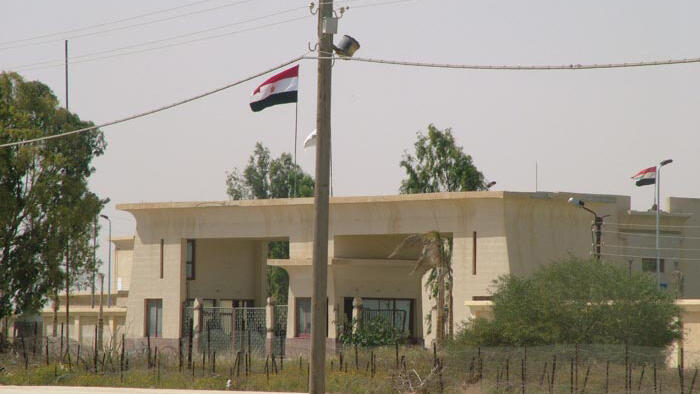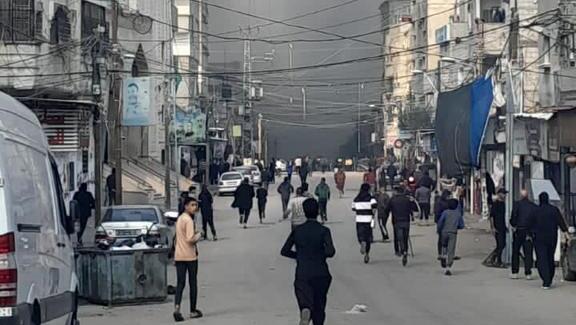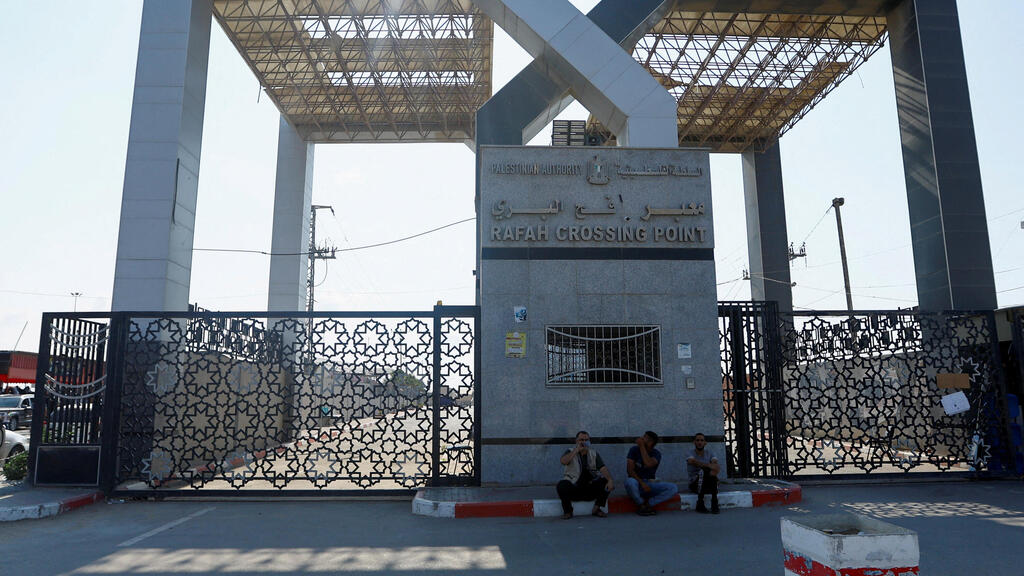The IDF's military operations in the Philadelphi Corridor, spanning the Egyptian border with Gaza and encompassing the Rafah border crossing, have increasingly strained relations between Jerusalem and Cairo, the UK-based Qatari newspaper Al-Araby Al-Jadeed reported on Sunday.
More stories:
The 14-kilometer (8.5-mile) corridor, established as a buffer zone under the 1979 peace agreement between Israel and Egypt, was controlled and patrolled by Israel until its disengagement from the Gaza Strip in 2005.
The report highlights increasing tensions due to Israel's concerns about underground tunnels beneath the corridor that potentially link Gaza to the Sinai. These tunnels, Israel fears, could be utilized by Hamas leaders to flee the Gaza Strip.
Cairo maintains that there are no tunnels in the area, ruling out the possibility of such an escape. An Egyptian source informed the paper that a month before the ground offensive in Gaza commenced, Shin Bet Director Ronen Bar voiced Israel's concerns in a meeting with Egyptian officials. The officials responded that if such tunnels were to be discovered, Israel should "bomb them."
The source indicated that Israel's inability to apprehend Hamas leaders or recover the Israeli captives held by the group, particularly following the expansion of the offensive to southern parts of the Gaza Strip including Khan Younis, has led Israel to consider the Philadelphi Corridor as a potential escape route. This is in spite of Egypt's denial of such a risk.
He said that Israel is particularly concerned about the area east of Rafah, which is relatively open and sparsely populated, and where Israel believes there could be potential hiding spots.
Cairo asserted that it had destroyed all such tunnels on its side of the border and established a buffer zone during a counterterrorism operation conducted in the Sinai.
Since the October 7 attack, Egyptian officials have informed their Israeli counterparts that there must be no military operations in the corridor, as they would have a direct impact on the situation in Sinai. The IDF, claiming to target Hamas' terrorist infrastructure in the area, carried out several strikes there that surprised the Egyptians, who noted these were not coordinated with Cairo.
The Philadelphi Corridor was handed over to the Palestinian Authority with European Union observers' involvement when Israel withdrew from Gaza. In 2005, Israel and Egypt signed an agreement allowing Egyptian security forces along the Egyptian-Gaza border. However, following Hamas' takeover of the coastal enclave in 2007, Egypt retained exclusive control of the corridor.
Since October, Egypt has voiced concerns about the conflict spilling over into the corridor. The Al-Araby Al-Jadeed report suggests that Egypt anticipated any IDF ground operation would encompass the corridor and Cairo warned the Israeli government against military actions there once its ground offensive commenced.
An Egyptian source informed the newspaper that such an action would be viewed as a breach of the bilateral agreement, and Cairo would not tolerate it. Additionally, the source mentioned that the U.S. was also informed of Egypt's stance.





